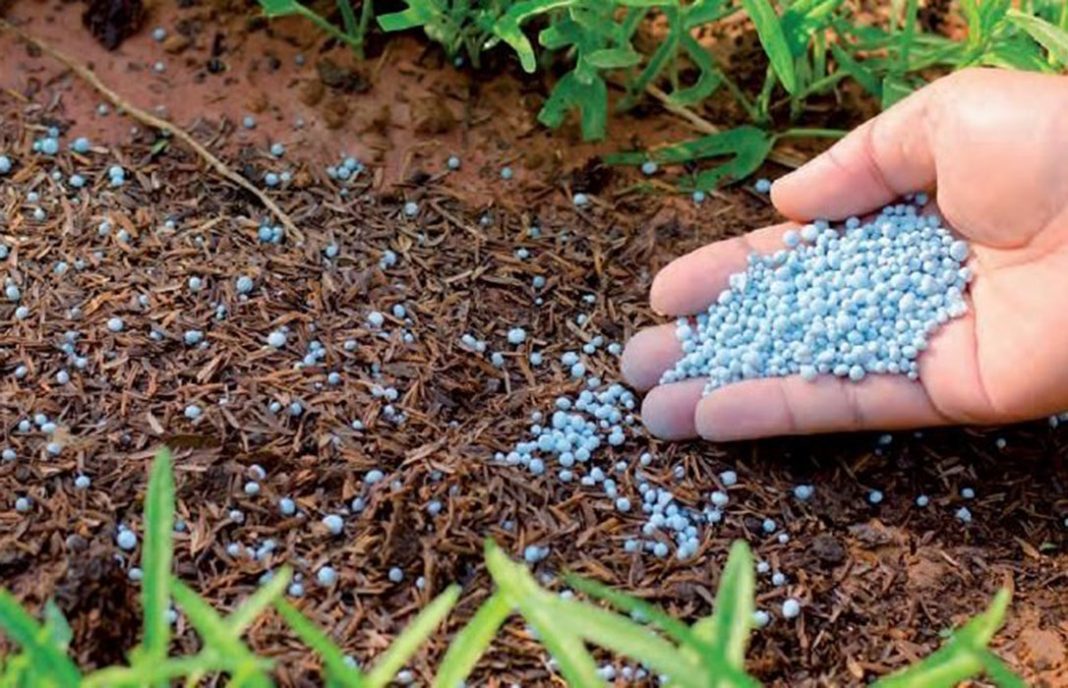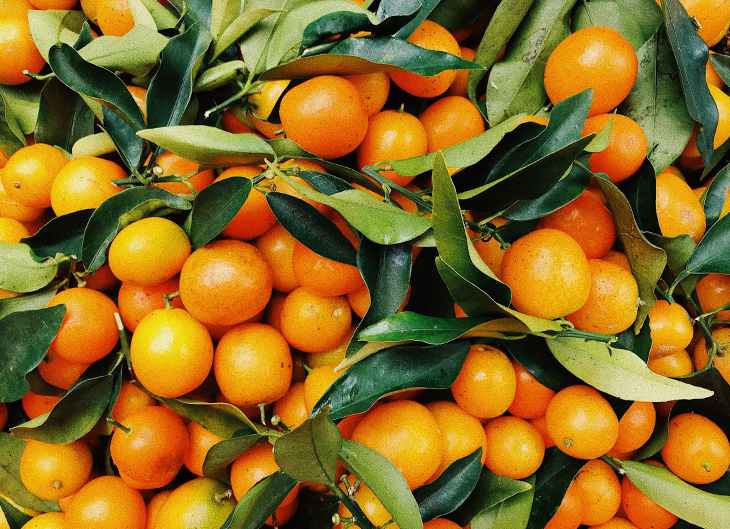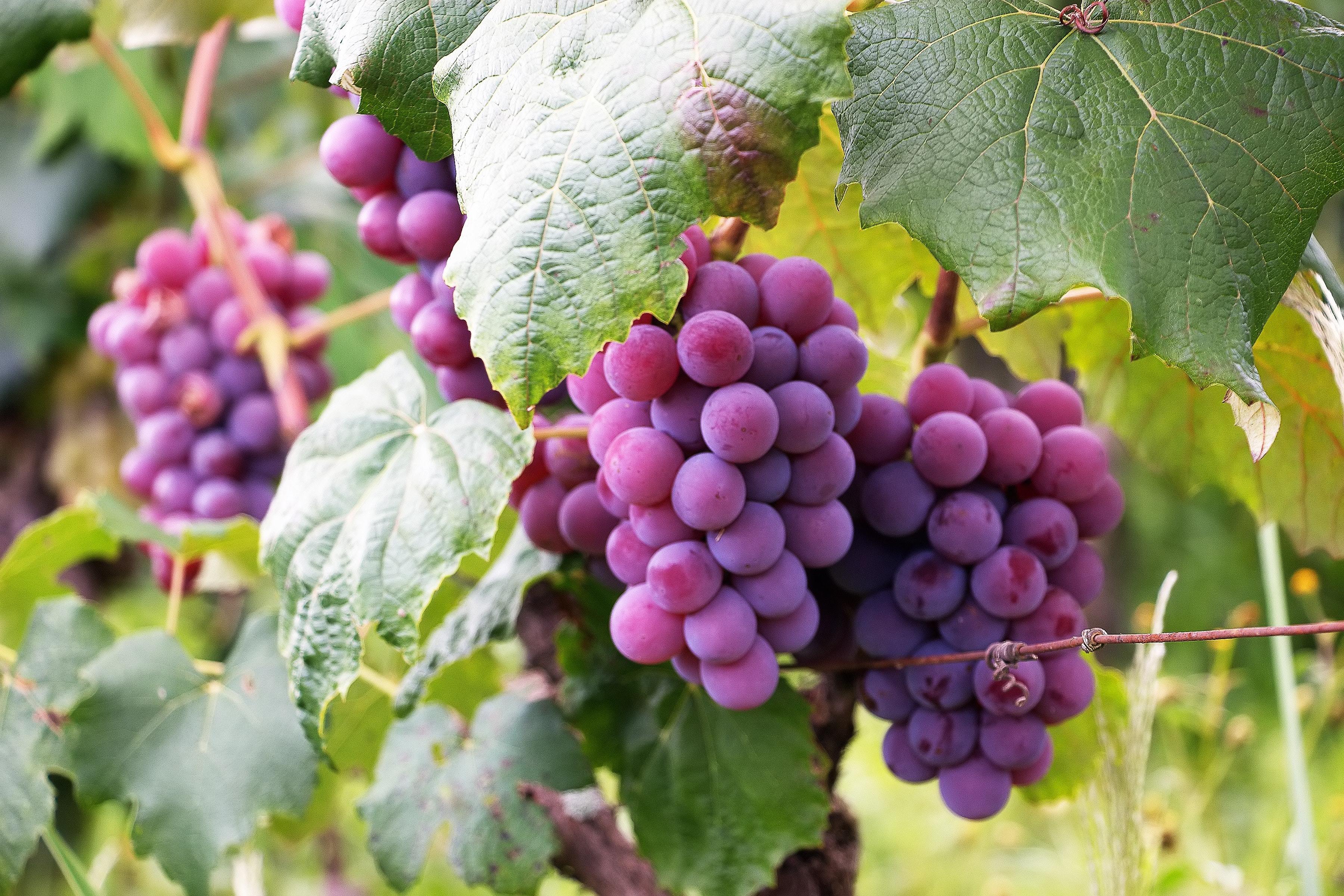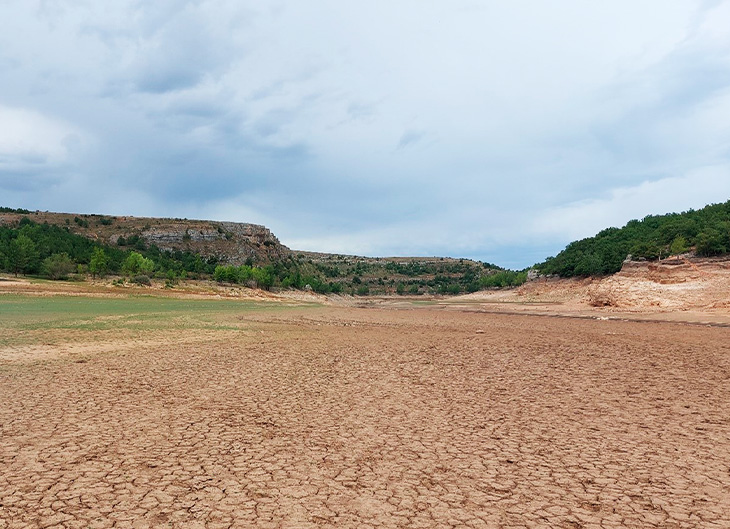
The current drought marks the present and future of agriculture in Spain
From the end of 2021 and the beginning of 2022 to the present day the agricultural sector is suffering a real perfect storm. Rising prices, the war in Ukraine and inclement weather are creating endless problems for farmers that are conditioning harvests and farm viability.
They are one of the labor groups that are suffering the most from the effects of the generalized increase in prices since they affect practically all the elements involved in production such as seeds, fertilizers, phytosanitary products, plastics, water, electricity and fuels. Prices that are expected to grow even more this autumn season.
Likewise, the change in climatic conditions, with episodes of late frosts, torrential rains, increased temperatures and droughts, are generating crop losses in farms very “touched” by inflationary economic factors.
Climate change in agriculture
Precisely the increase in temperatures and drought are the phenomena that most concern farmers at present, since it is not a conjunctural problem, but unfortunately it has become a structural issue.
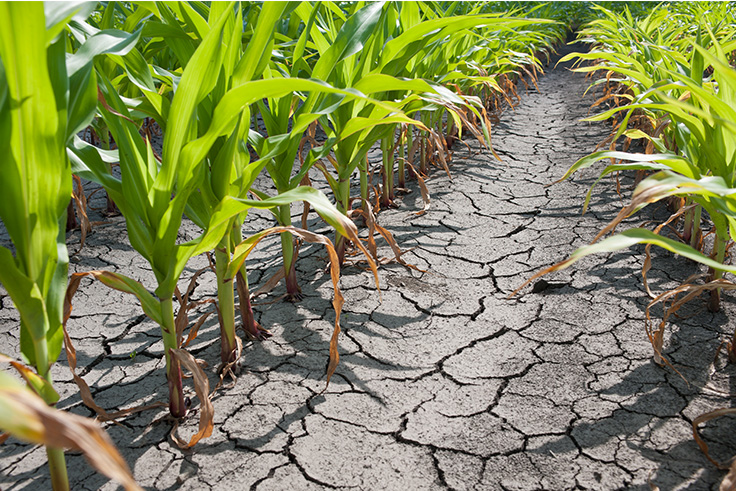
This summer, despite not having ended, it is already among the four hottest since 1950, as pointed out at the end of July by the State Meteorological Agency (AEMET) is being one of the hottest on record.
Two heat waves in nearly two months have helped lift the mercury in thermometers above 40 degrees Celsius. In fact, it has been the summer season with more fires, something that has also devastated crops.
Reservoirs and water reserves in Spain
To the phenomenon of extreme temperatures is added the scarcity of rainfall, finding our country in the worst drought of the last ten years and accumulating a rainfall deficit of 30%. According to the hydrological bulletin of the Ministry for the Ecological Transition and Demographic Challenge (MITECO), water reserves continue to fall, standing at 35% of their capacity and 36% lower compared to 2012.
At this time, there is a total of 19,671 cubic hectometers of stored water, which is 10,053 cubic meters less than the average of the last ten years in this same week and 3,661 cubic hectometers less than on the same dates of 2021 (15.69% less).
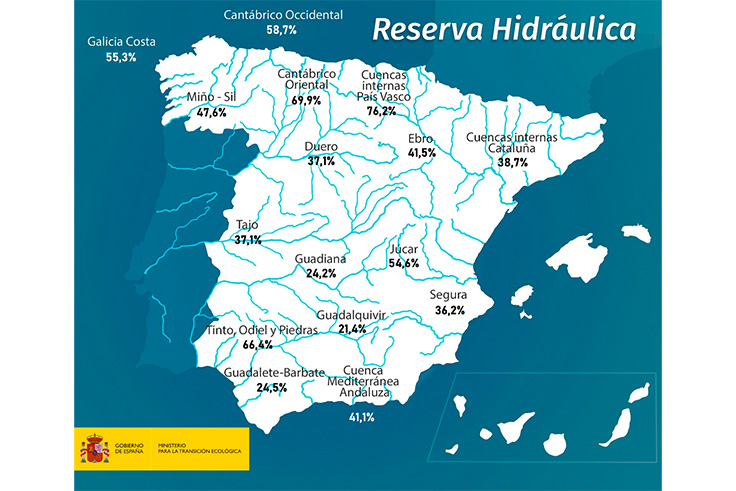
Spain’s hydraulic reserve in the first week of September 2022. Source: Hydrological Bulletin of the Ministry for the Ecological Transition and Demographic Challenge (MITECO)
In many municipalities in Spain the water supply is limited, which leads, irremediably, to be able to maintain fewer crops and that those who continue to produce less, generating less food that will be more expensive.

